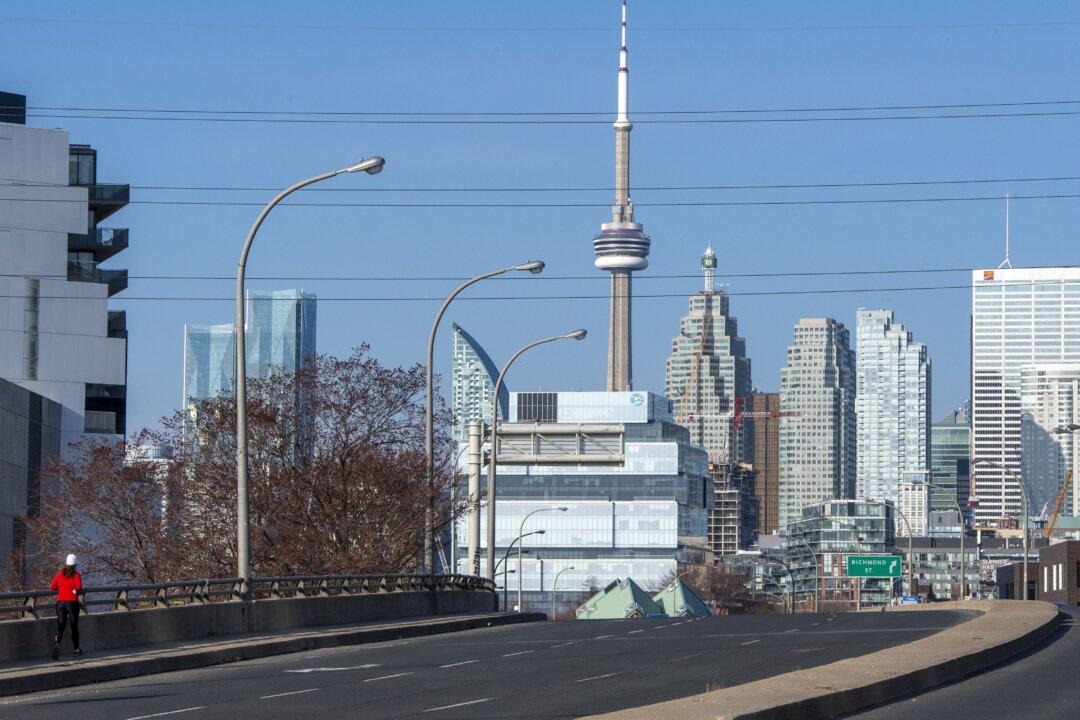An academic working paper released in the spring outlining the failures of pandemic lockdown policies has been largely ignored by media, says its author.
Douglas Allen, an economics professor at Simon Fraser University, says his study went viral after he posted it in April and he received positive feedback, leading to interviews on podcasts in Canada, the United States, Europe, and Australia. Even a few politicians reached out, he says.





